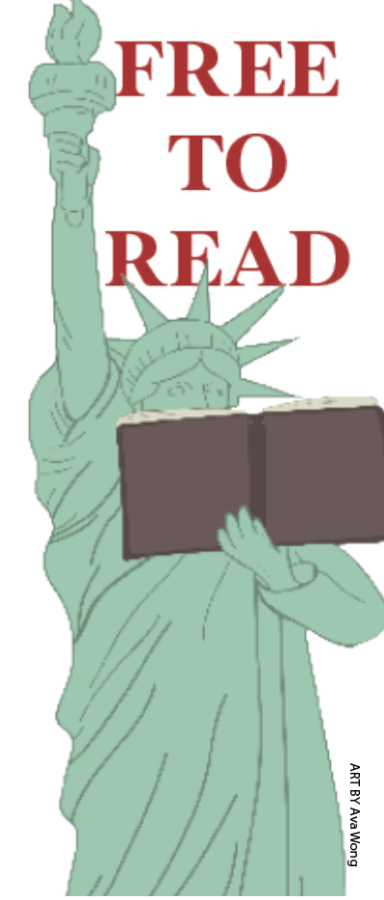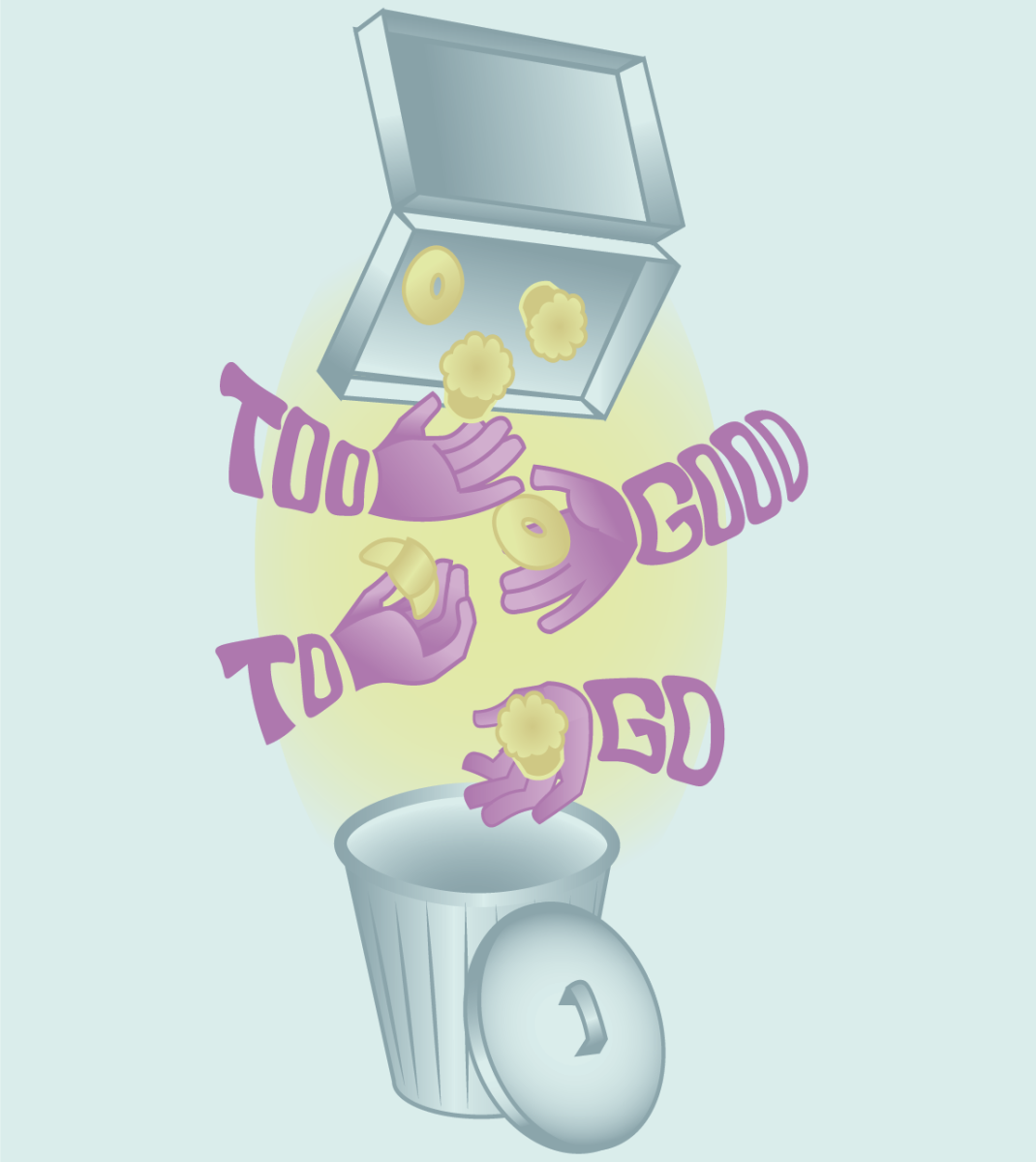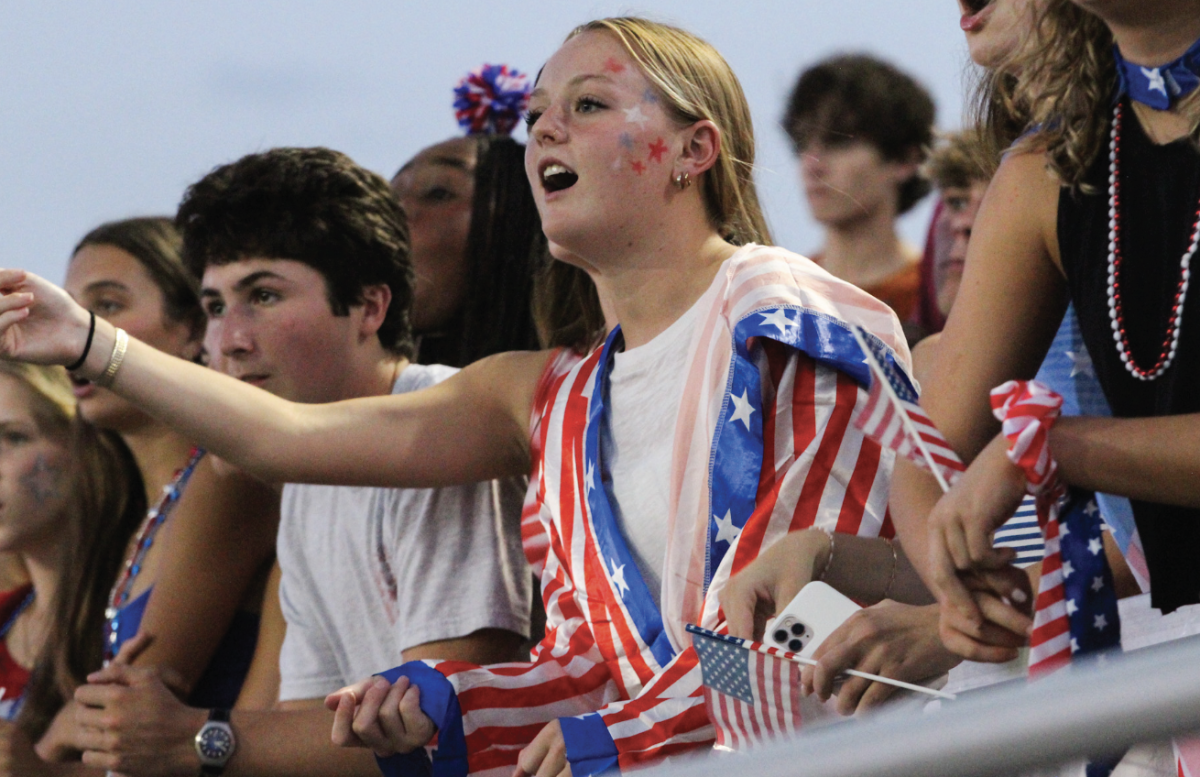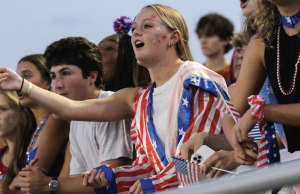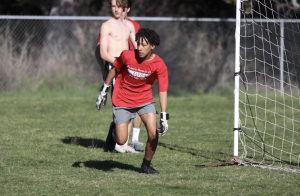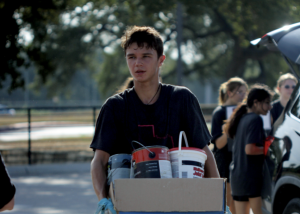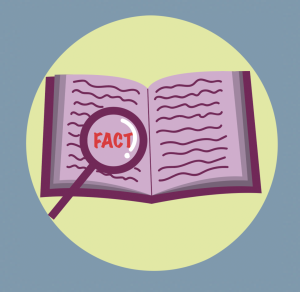Banning books is an unjust act against student liberty
The recent surge in political and social discord with the pandemic and movements such as BLM has fueled the excessive movement of banning time-honoring, fundamentally important books from the reach of children.
April 27, 2022
Though we’ve just entered 2022, I can’t help but feel we are moving back in time. The recent surge in political and social discord with the pandemic and movements such as BLM has fueled the excessive movement of banning time-honoring, fundamentally important books from the reach of children. These bans range from classics such as The Great Gatsby to the removal of the Holocaust graphic novel Maus from a Tennessee school district’s curriculum. These pressures to control the materials children can access come from mostly conservative crowds.
I’m not an avid reader. Sure, I’ll pick up a book every once in a while but I don’t love reading. The few books I have read though, have been life changing. One book in particular is The Joy Luck Club by Amy Tan. I’ve lived most of my life being, not embarrassed of, but quite secretive of my Chinese heritage. We were assigned to read The Joy Luck Club as summer work for sophomore English. While at first I dreaded the thought of reading during my summer break, the book quickly changed my mind. The book highlighted the relationship between four Chinese immigrant mothers and their daughters, and their struggle with the mix of tradition and American culture, also known as the Asian-American experience.
This summer in particular was the first summer during the pandemic. Because of the attention to my race, which included hate crimes due to the virus’ origin, I thought about my identity for the first time in maybe my whole life. The book helped answer the questions I had about who I was, and it helped me shape my own opinions about my identity and the culture around me. Everyone deserves the eye-opening experience I was able to have because of this book. Though, thankfully, The Joy Luck Club is not among one of the many books banned, a multitude of similar books that have helped students learn and grow the same way I did, are banned. Without these books, students are cheated out of the opportunity to shift their worldly views, and create opinions of their own, away from parental or social influence.
The books in question might surprise you. Yes, we know the controversial To Kill a Mockingbird and The Adventures of Huckleberry Finn bans, but did you know books such as Harry Potter and Charlotte’s Web have been banned as well? Reasons being “sorcery,” “blasphemy” and “inappropriate subject matter for children,” though if you’ve ever read those books, which I’m sure you have due to their extreme popularity for decades, you would know that is certainly not the case. These stories are simply fiction, and I believe that’s quite obvious. For years, books like these have been banned and challenged. We need to ask the question of why? Is the reasoning truly enough to ban the entirety of a book?
The recent surge of banning books actually fits very nicely into America’s history of school censorship. We can compare the bans of the 2020’s to the 1920’s, almost a century back. In the 20’s-30’s, fear of communism and the fight against modernity drove American society. In 1920, Harold Rugg, civil engineer turned education reformer, wrote an exceedingly popular line of social science textbooks. The books had a progressive look on American society and touched on class inequality across the country. As time went on, the books began to seem un-American, subversive and even communistic. The rise of patriotism spread across the US during the lead up to World War II increased pressure on school boards across the US to take action against these books. The textbooks were banned and some copies were even burned. They went from being vastly common to despicable in the eyes of society.
We know that quick rise and fall all too well with our popular celebrities, films and politicians but it’s interesting to see this trend with books, especially books that inspire such divergent opinions. It’s these divergent opinions and point of views that make up our identity and worldly view, make us different. And they are formed from reading such illuminating books in school.
The books being banned contain valuable information, experience and history that have been thought provoking and have elevated education for decades. In Texas, the majority of books being targeted deal with racism or sexuality. Some schools have taken books off shelves for review and many have already taken books off shelves permanently.
Back in October 2021, State Rep. Matt Krause made an official request for an accounting of books in Texas libraries that include “explicit or racially preferential material.” The letter he sent to the Texas Educational Agency included a 16-page list of book titles and asked how many are in school public libraries and how much money schools have spent acquiring them? Austin ISD was the first to deny an inquiry about sexually explicit or racially charged books in their collection, despite their owning of many books on Krause’s list. I support AISD’s decision, the government, school boards and differing parents should not and will not be able to get away with such an inequitable move to censor the truth.
Furthermore, banned books can tie into the ongoing weaponization of Critical Race Theory (CRT) in schools. The theory, a concept mostly taught to law schools, has become a popular phrase for those seeking to censor educational discussions dealing with race or racial injustice in schools. It’s become one “reason” to challenge and ban books, though their claims are false as CRT is not an understandable topic to be used in most grade schools. Rather, an academic concept looking at race through a lens in a law setting. To put it plain and simple, CRT is not being taught in grade school, anywhere.
Moving forward we must face reality, our educational truth is being censored. When you control what students are reading, you are controlling their reality and perception of American society. That is a big deal and should not be up to anyone but the student. Schools should be able to provide those resources and support their students’ growing perception of the world.
As a student, I have liberty to choose what I want to learn and a right to education free of oppressive restrictions, especially for reasons such as these. Banning books won’t stop me from reading them, nor anyone else.


